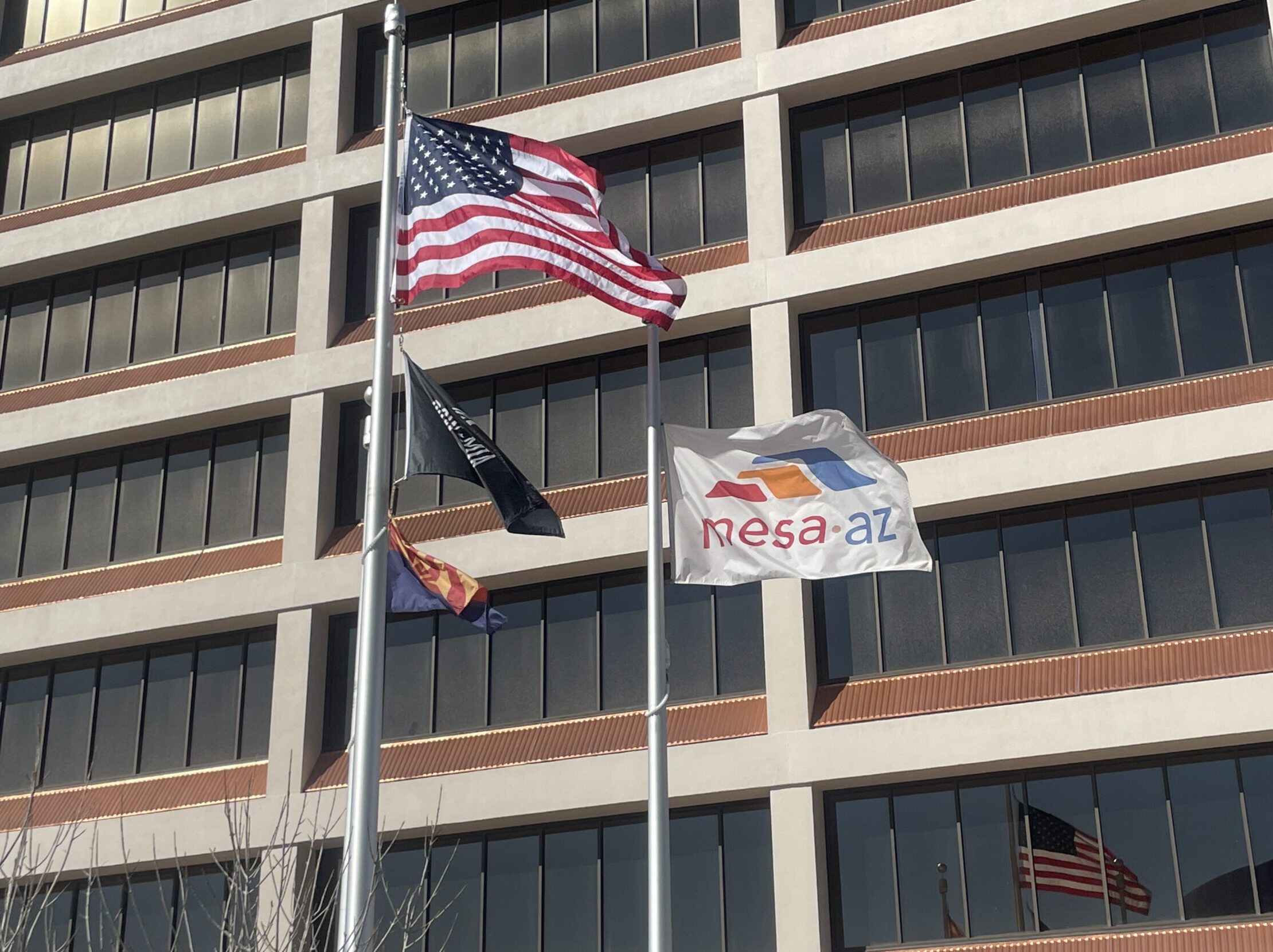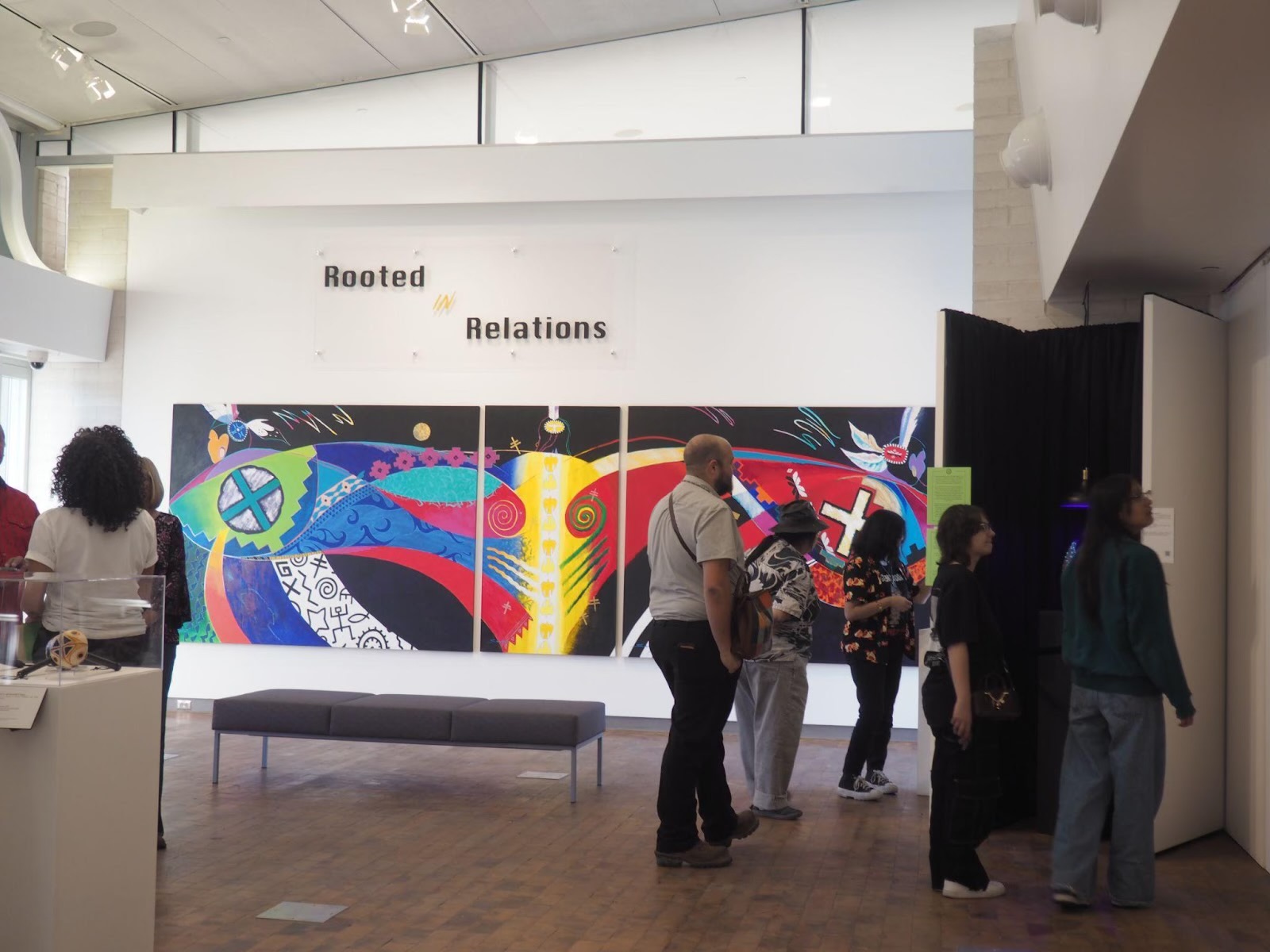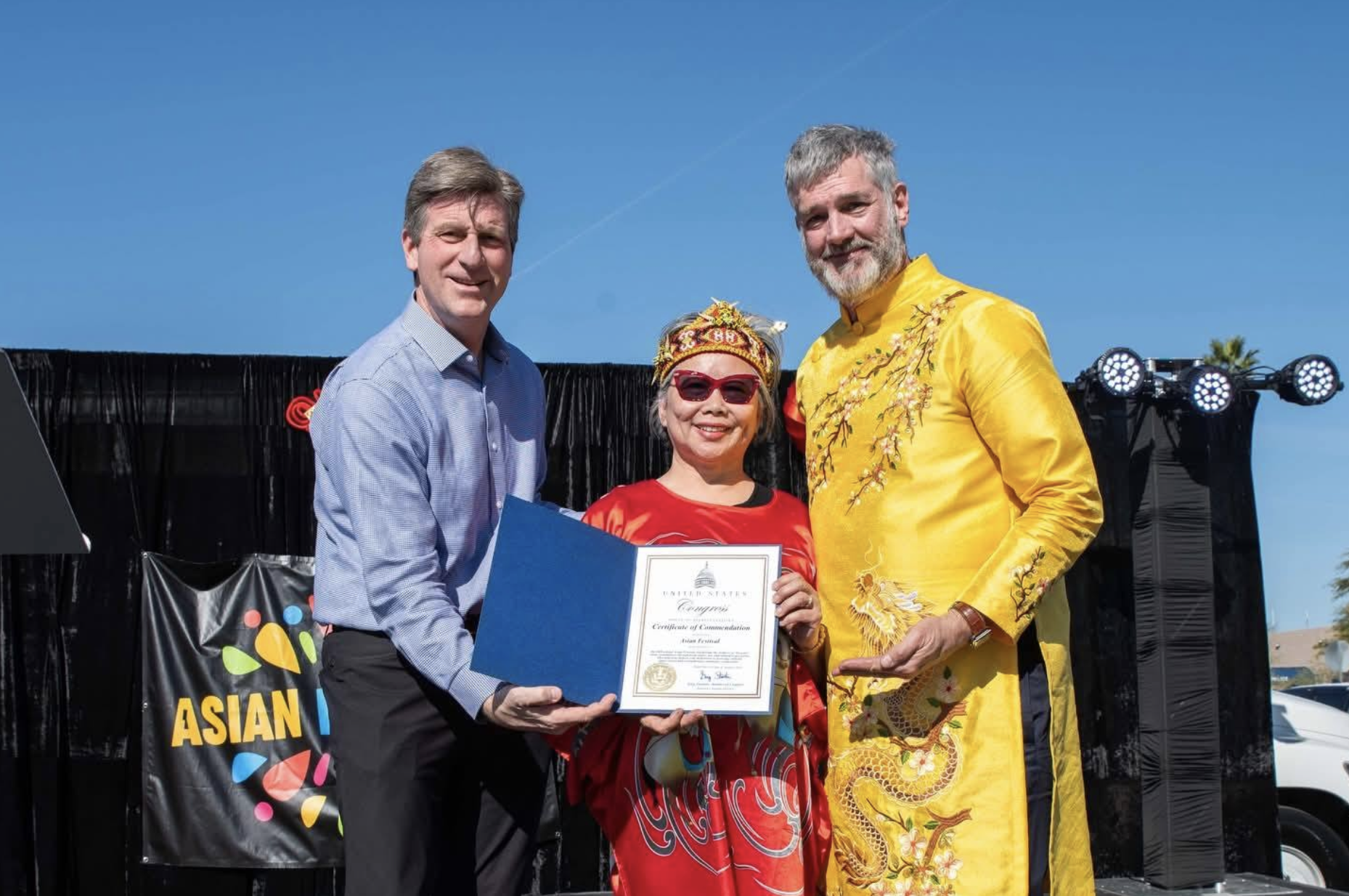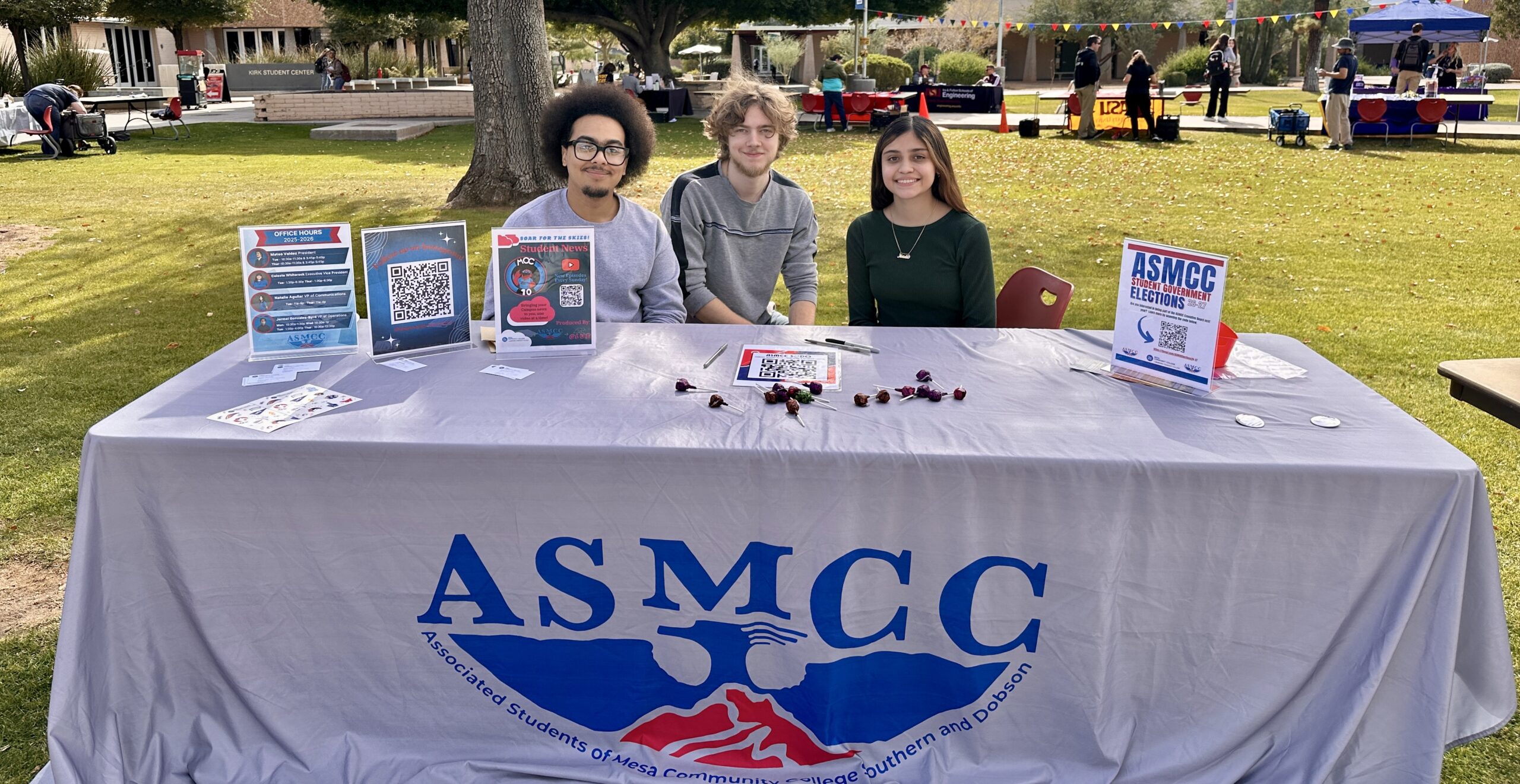Women lack awareness of ovarian cancer
Nikki Waldmann
Mesa Legend
 Cancer is one of the hardest words to swallow, with an estimated 1.6 million new cases a year. It seems to be a continuing problem for women today to be developing some sort of health problem. September is Ovarian Cancer awareness month, but awareness seems to be lacking. Breast cancer is well known now. Many clothing stores display all things pink in support of breast cancer awareness, but there seems to be no real support for ovarian cancer.
Cancer is one of the hardest words to swallow, with an estimated 1.6 million new cases a year. It seems to be a continuing problem for women today to be developing some sort of health problem. September is Ovarian Cancer awareness month, but awareness seems to be lacking. Breast cancer is well known now. Many clothing stores display all things pink in support of breast cancer awareness, but there seems to be no real support for ovarian cancer.
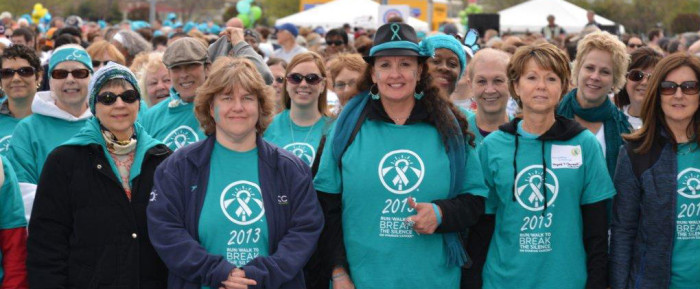 The Ovarian Cancer National Alliance has said each year in the U.S., about 22,000 women are diagnosed with ovarian cancer and about 14,000 women will die from the disease.
The Ovarian Cancer National Alliance has said each year in the U.S., about 22,000 women are diagnosed with ovarian cancer and about 14,000 women will die from the disease.
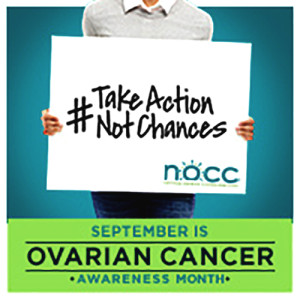 According to their data, mortality rates for ovarian cancer have not improved in over 40 years since the “War on Cancer” was declared. Doctors in the U.S. must report any diagnosis of cancer to a state registry. Yet women who have ovarian cancer typically will not show any sort of symptoms until the later stages of the disease, so early detection can be tough in the beginning. Most women won’t know they have it until they go in for other issues, but by then it is possibly too late to seek treatment.
According to their data, mortality rates for ovarian cancer have not improved in over 40 years since the “War on Cancer” was declared. Doctors in the U.S. must report any diagnosis of cancer to a state registry. Yet women who have ovarian cancer typically will not show any sort of symptoms until the later stages of the disease, so early detection can be tough in the beginning. Most women won’t know they have it until they go in for other issues, but by then it is possibly too late to seek treatment.
One problem women face is Lymphedema, which refers to the swelling that occurs in the arms and legs. The primary cause is the removal of or damage to the lymph nodes as a part of cancer treatment. Another common treatment for cancer patients is chemotherapy. Others will seek medical marijuana, which can help with pain and encourage an appetite. Mona Entle member of NOCC is currently fighting ovarian cancer and going through chemotherapy. She reports that the only real symptom she currently experiences is strong fatigue.
Currently, there is no cure for ovarian cancer.
Debbie Robins, the Chapter Coordinator for the National Ovarian Cancer Coalition (NOCC) said, “Right now there is no known cure. There is also no early detection test for ovarian cancer. Pap smears do not detect it. Doctors are always working on a cure, but at the time, they are also working on early detection, which would save lives by catching the cancer in the early stages. With this type, it’s rare to find it early.”
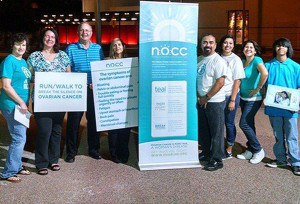 There is no known hereditary link for ovarian cancer. For example, women can take a blood test to find out if they have the cancer gene known as (BRCA). This blood test uses DNA analysis to identify any harmful changes known as (mutations) and can determine whether a woman is susceptible to the BRCA1 or BRCA2 gene. Yet, even if these women do develop either BRCA1 or BRCA2, it still does not mean that they will develop ovarian cancer. There are many support groups for women with ovarian cancer. Attending these groups helps them find answers, peace, and others who are dealing with the disease. Women who lost a loved one to ovarian cancer have found hope from organizations such as National Ovarian Cancer Coalition (NOCC).
There is no known hereditary link for ovarian cancer. For example, women can take a blood test to find out if they have the cancer gene known as (BRCA). This blood test uses DNA analysis to identify any harmful changes known as (mutations) and can determine whether a woman is susceptible to the BRCA1 or BRCA2 gene. Yet, even if these women do develop either BRCA1 or BRCA2, it still does not mean that they will develop ovarian cancer. There are many support groups for women with ovarian cancer. Attending these groups helps them find answers, peace, and others who are dealing with the disease. Women who lost a loved one to ovarian cancer have found hope from organizations such as National Ovarian Cancer Coalition (NOCC).
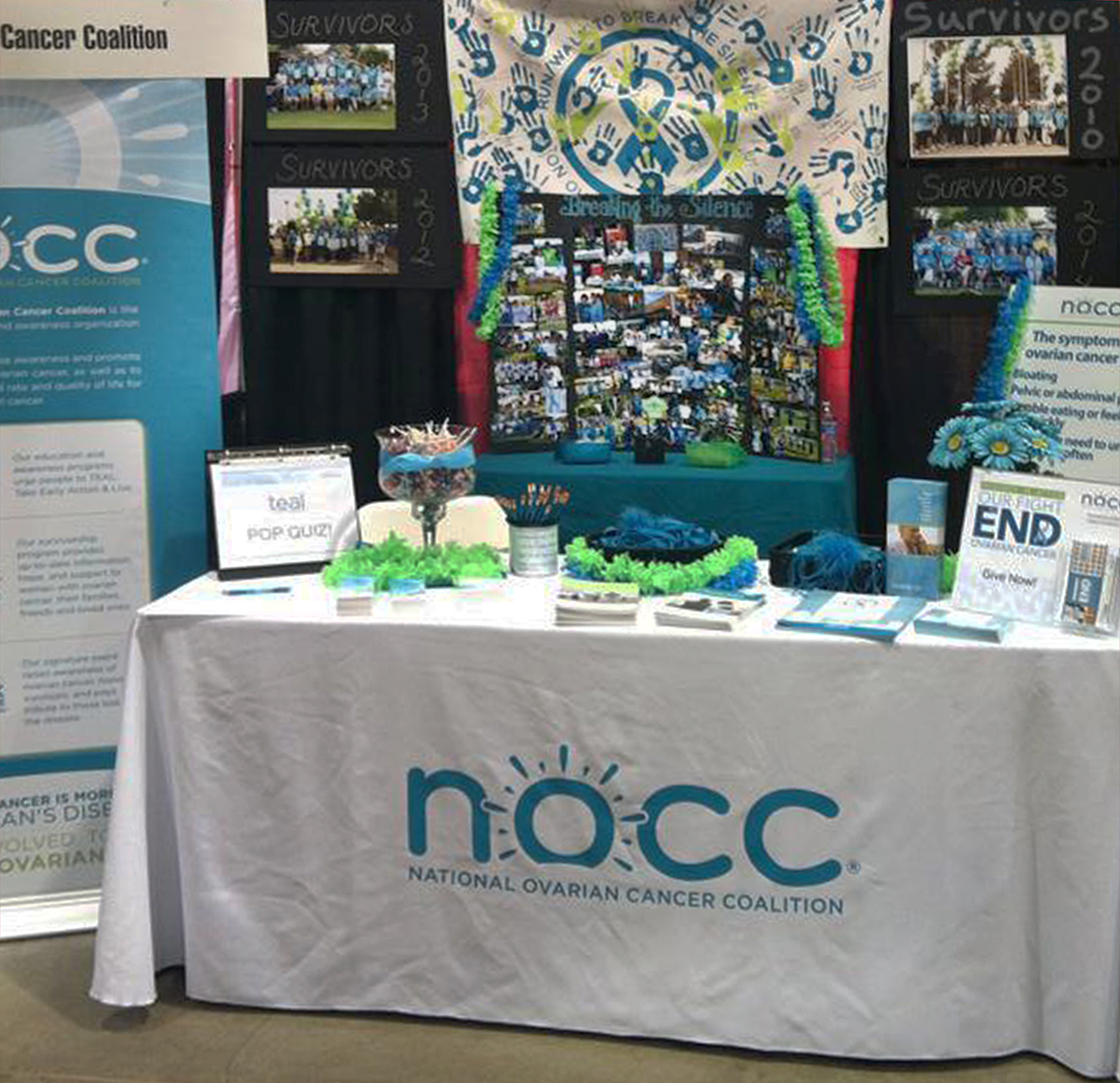 Alva Tovar, a member of NOCC lost her mother back in 2009 to ovarian cancer and didn’t know where to turn.
Alva Tovar, a member of NOCC lost her mother back in 2009 to ovarian cancer and didn’t know where to turn.
When she found NOCC, she said they literally saved her life. Without this organization, she wouldn’t have known where to turn. For women with ovarian cancer, now there is hope of being cancer free. Vickie Ollila, another member of NOCC is now 5 years cancer free and enjoying every minute of it. To find out more information about NOCC and other information on ovarian cancer visit www.ovarian.org .
